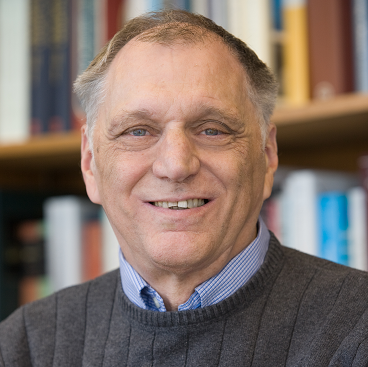Is photographic memory real? If so, how does it work?
- Published17 Apr 2013
- Reviewed17 Apr 2013
- Author Larry Squire
- Source BrainFacts/SfN
Photographic memory is a term often used to describe a person who seems able to recall visual information in great detail. Just as a photograph freezes a moment in time, the implication for people thought to have photographic memory is that they can take mental snapshots and then recall these snapshots without error. However, photographic memory does not exist in this sense.
It is easy to demonstrate this by asking people who think they have photographic memory to read two or three lines of text and then report the text in reverse order. If memory worked like a photograph, these people would be able to rapidly reproduce the text in reverse order by "reading" the photo. However, people cannot do this.
Memory is more like pieces of a jigsaw puzzle than a photograph. To recollect a past event, we piece together various remembered elements and typically forget parts of what happened (the color of the wall, the picture in the background, the exact words that were said). Passing over details helps us to form general concepts. We are good at remembering the gist of what happened and less good at remembering (photographically) all the elements of a past scene. This is advantageous because what is important for memory is the meaning of what was presented, not the exact details present at any given time.
Of course, people vary in their ability to remember the past. How well we remember things depends largely on how well we pay attention when material is presented. Additionally, the extent to which we replay the material in our minds and relate it to what we already know affects our ability to remember.
Some people with excellent memory use elaborate techniques to help them remember. Others are able to effortlessly recall vast amounts of autobiographical information spanning most of the lifetime. Scientists are learning more about memory by studying these people, as well as people who have very poor memory as the result of neurological injury or disease.
References
BrainFacts.org welcomes all your brain-related questions.
Every month, we choose one reader question and get an answer from a top neuroscientist. Always been curious about something?
Please submit your question by filling out this form.







